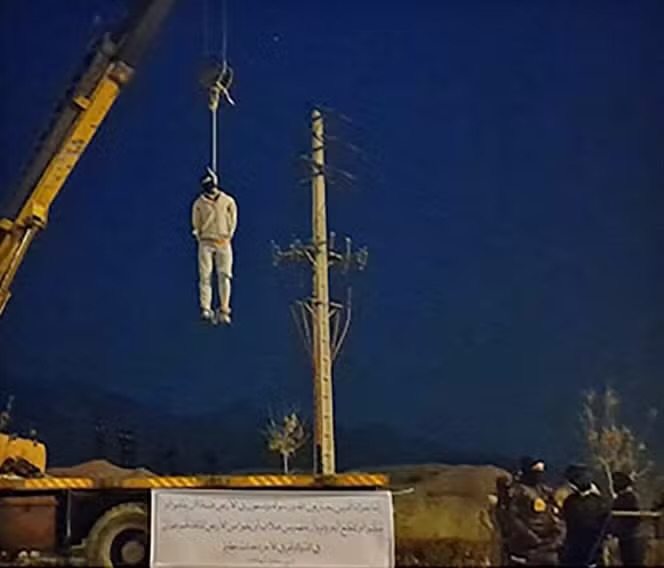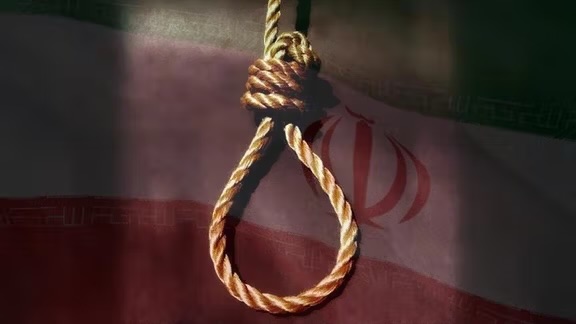
As the Iranian regime faced military and intelligence setbacks during its 12-day conflict with Israel last month, Iranian authorities responded with a wave of executions targeting political prisoners and minority communities, including Ahwazis, Kurds, and Baluchis, according to a report by Iran Human Rights (IHR), based in Oslo.
The report reveals that at least 21 people were executed during the conflict, including six men accused of espionage for Israel. IHR said many of the so-called trials were rushed and relied heavily on forced confessions obtained under torture, with no fair legal process.
Among those executed was political prisoner Esmail Fekri, who was sentenced to death after a 10-minute hearing without legal representation. Another was Mohammad Amin Mahdavi Shayesteh, whose confession was allegedly extracted under torture. Three Kurdish men, including an Iraqi national, were also hanged for their alleged involvement in the 2020 assassination of Iranian nuclear scientist Mohsen Fakhrizadeh.
Director of Iran Human Rights, Mahmood Amiry-Moghaddam, said the regime is using executions as a tool of fear: “The Islamic Republic is at its weakest point in history, and to maintain power, it escalates executions to intimidate the people it fears most — the Iranian public.”
IHR reported that 98 executions took place across Iran in June alone. Nearly half were related to drug charges, and 32 were carried out under the Islamic law of qisas (retribution) for murder.
Among those executed were Afghan nationals and members of Iran’s oppressed ethnic communities, including Ahwazis, Kurds, and Baluchis — as well as one woman. The report highlights a sharp rise in the targeting of non-Persian minorities, who are routinely denied fair trials and often face disproportionate punishment.
The wave of executions follows a broader crackdown on dissent in the aftermath of Israel’s strikes, with Iran’s security establishment seeking to silence any internal unrest amid growing dissatisfaction and calls for justice.


